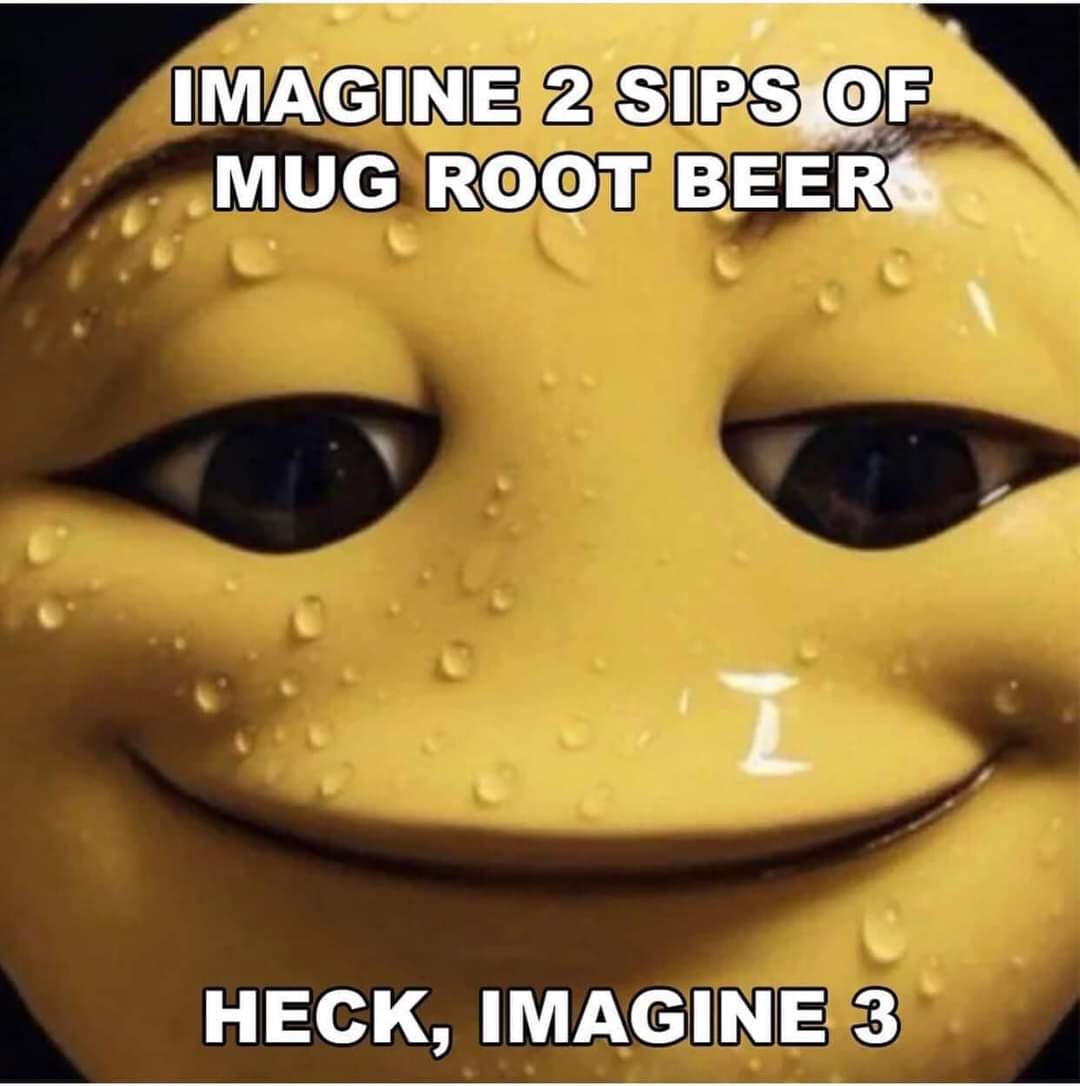like pig iron?
sounds like hogwash to me
Dammit, I was going to say this same thing
Ammitday!
Wikipedia says no:
The traditional shape of the molds used for pig iron ingots is a branching structure formed in sand, with many individual ingots at right angles to a central channel or “runner”, resembling a litter of piglets being nursed by a sow. When the metal had cooled and hardened, the smaller ingots (the “pigs”) were simply broken from the runner (the “sow”), hence the name “pig iron”.
I thought of the same thing, but it turns out that sense of the word is unrelated.
The traditional shape of the molds used for pig iron ingots is a branching structure formed in sand, with many individual ingots at right angles to a central channel or “runner”, resembling a litter of piglets being nursed by a sow. When the metal had cooled and hardened, the smaller ingots (the “pigs”) were simply broken from the runner (the “sow”), hence the name “pig iron”.
I think that came from the original mold resembling a sow and piglets.




